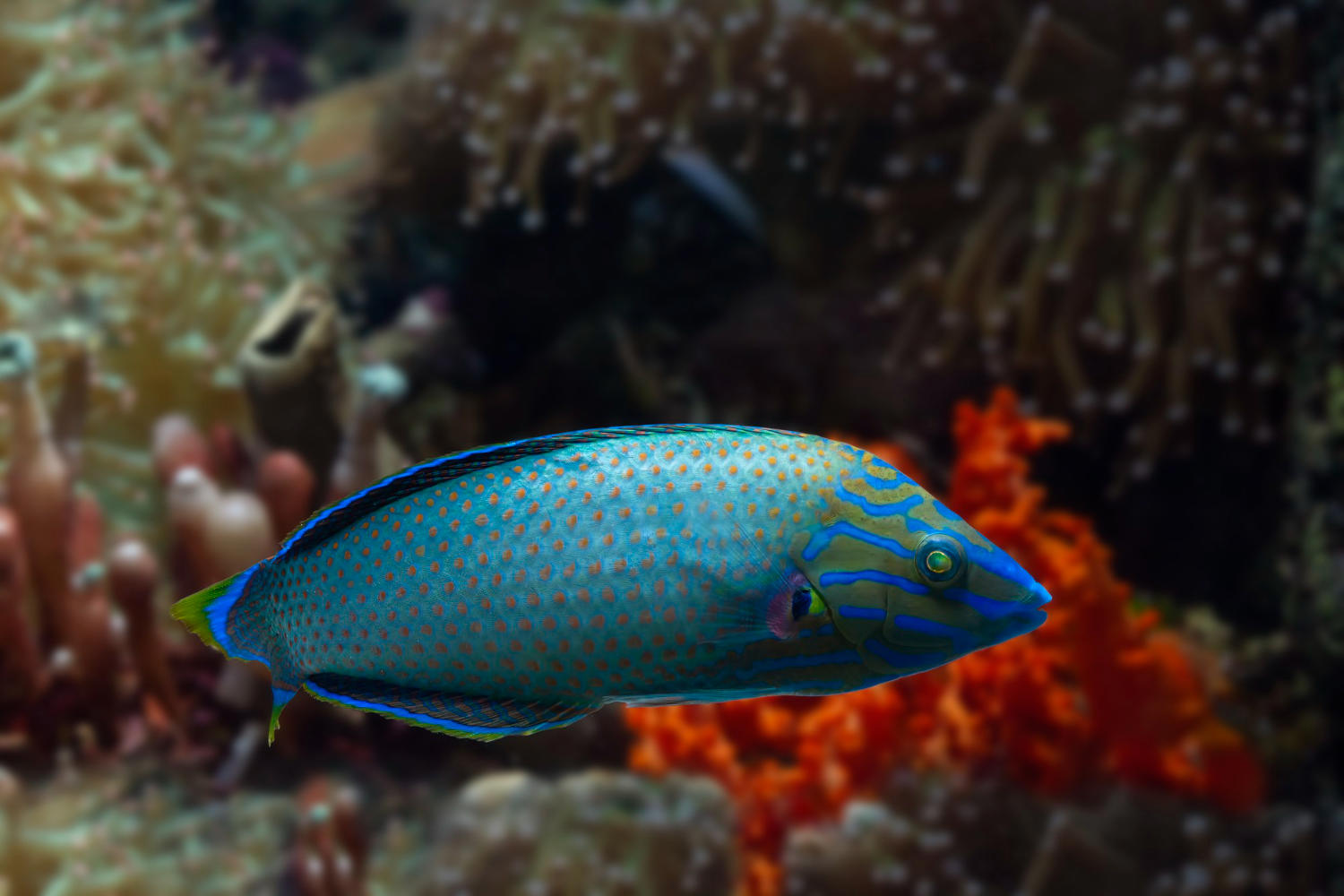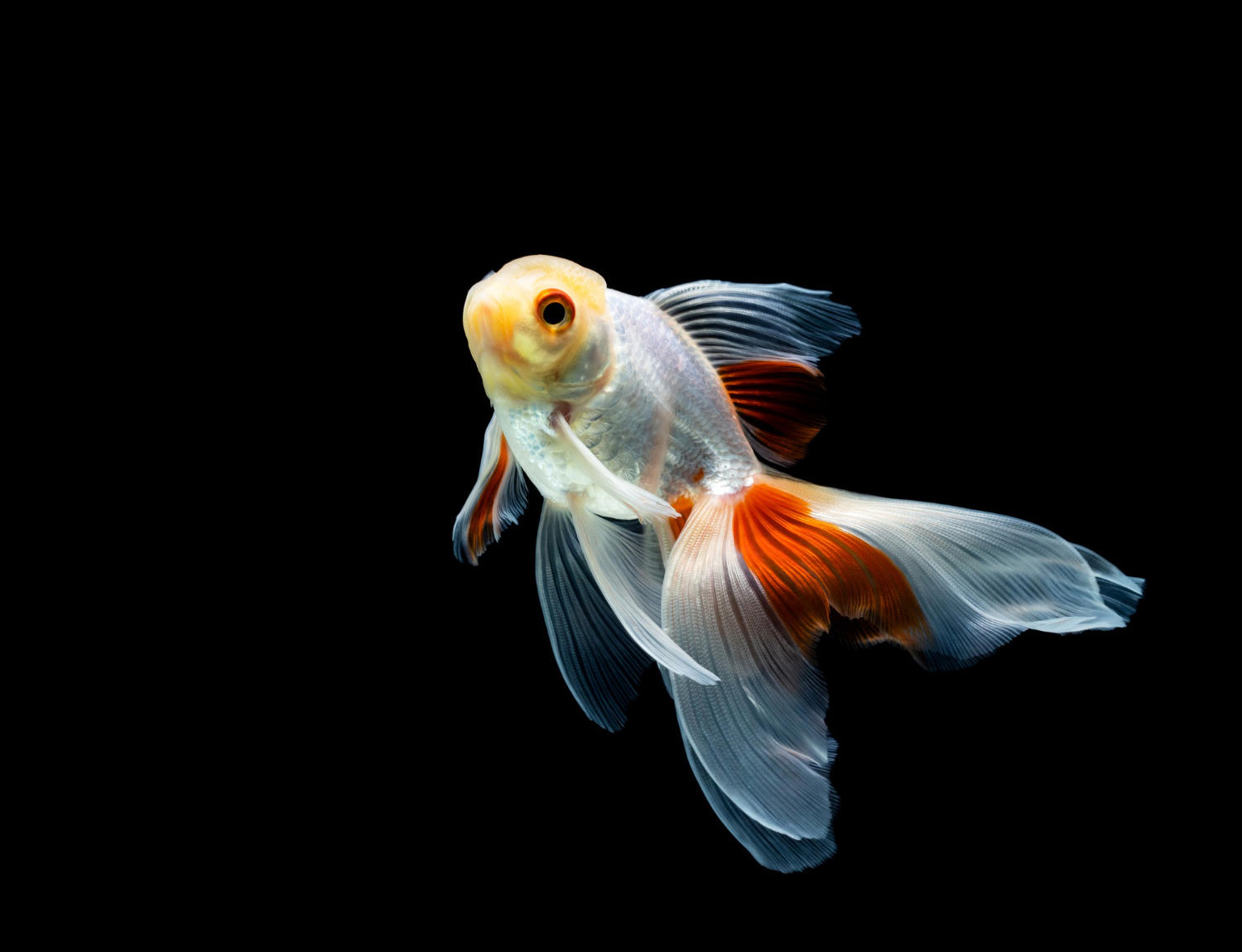If you’re a new fish owner, you’ve probably asked yourself, How often should I feed my fish? It’s a common question, and the answer isn’t as straightforward as you might think. Overfeeding your fish can lead to health problems, while underfeeding can stunt growth and leave your fish malnourished. The right feeding schedule depends on several factors, including the type of fish you have, their age, and the size of your aquarium. In this Fish Feeding 101 guide, we’ll dive into the details of how often you should feed your fish to ensure they’re healthy and thriving.
Fish are a great addition to any household. They are low-maintenance pets that can bring life and color to any room. But as with any pet, it is important to know how to properly care for them. One of the most important aspects of fish care is feeding. Knowing how often to feed your fish can mean the difference between a healthy, happy pet and one that is sick or even dying. In this article, we will explore the topic of fish feeding in-depth, and answer the question: how often should you feed your fish?
The answer to this question is not a one-size-fits-all solution. The frequency at which you should feed your fish will depend on several factors such as the type of fish, their size, and the environment in which they live. In general, it is recommended to feed your fish 2-3 times a day in small portions. This will ensure that they are getting the necessary nutrients to thrive without overfeeding them.
Let’s dive deeper into the factors that can affect how often you should feed your fish.
Type of Fish
Different species of fish have different dietary needs. Some fish are herbivores, meaning they eat only plants, while others are carnivores, meaning they only eat meat. Knowing what type of fish you have will help you determine how often and what to feed them. For example, herbivorous fish like goldfish and koi should be fed once or twice a day, while carnivorous fish like bettas and cichlids may need to be fed more frequently.
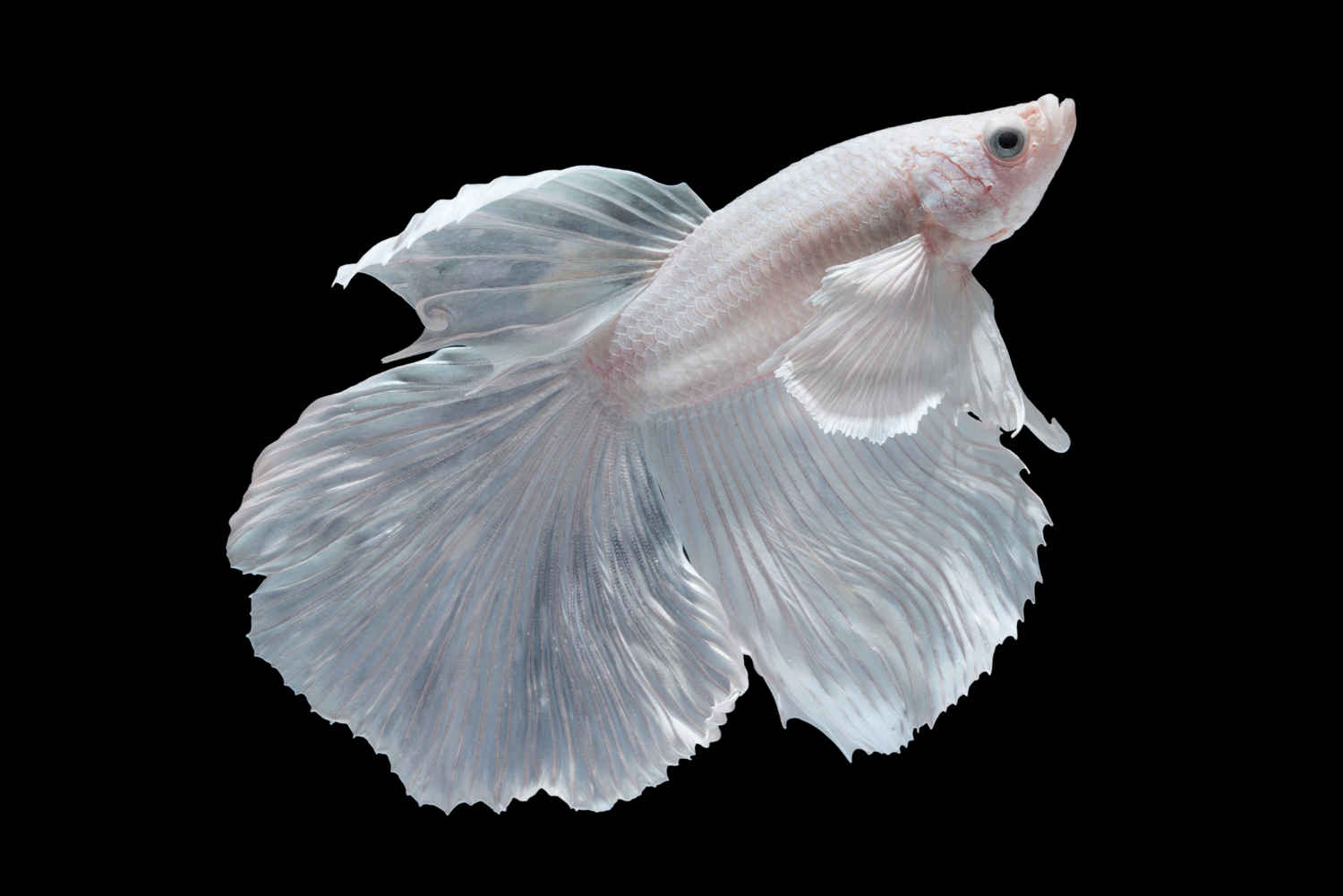
Fish Size
The size of your fish can also impact how often you should feed them. As a general rule, smaller fish have faster metabolisms, which means they need to eat more often. Larger fish, on the other hand, have slower metabolisms and can go longer periods without food. If you have a mix of small and large fish in your aquarium, it is best to feed them in small portions multiple times a day.
Fish Environment
The environment in which your fish live can also play a role in their feeding schedule. For example, if you have a heavily planted aquarium, the plants can provide some of the necessary nutrients for your fish. In this case, you may need to feed your fish less frequently. On the other hand, if you have a bare-bottom tank, your fish may need to be fed more often as there is no natural food source for them.
So, how can you tell if you are feeding your fish too much or too little? One way to monitor your fish’s feeding is to observe their behavior. If they are constantly begging for food, they may not be getting enough to eat. On the other hand, if there is uneaten food on the bottom of the tank or if the water is cloudy, you may be overfeeding them.
Overall, how often you should feed your fish will depend on several factors such as the type of fish, their size, and the environment in which they live. As a general rule, it is best to feed your fish 2-3 times a day in small portions. By monitoring your fish’s behavior and the condition of your tank, you can ensure that you are providing them with the proper nutrition and care they need to thrive.
In conclusion, feeding fish is not as complicated as it may seem. As long as you understand the needs of your fish and the amount of food they require, you can easily establish a feeding routine. Remember to keep an eye on your fish’s behavior and adjust their feeding schedule accordingly. Overfeeding can lead to a host of health problems for your fish, so it’s always better to err on the side of caution. By following the guidelines in this article, you can ensure that your fish remain healthy and happy for years to come. Happy feeding!


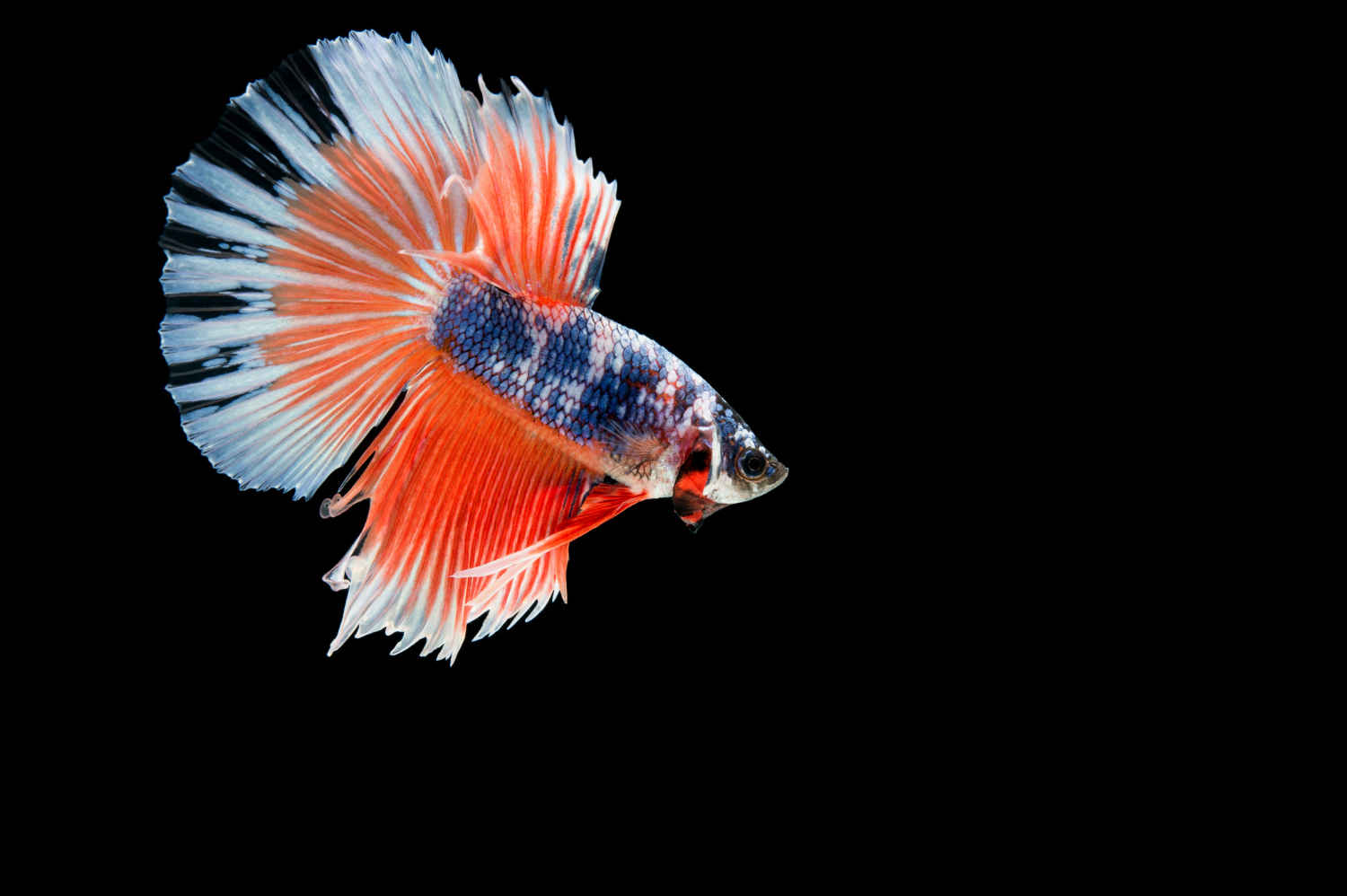
.jpg)
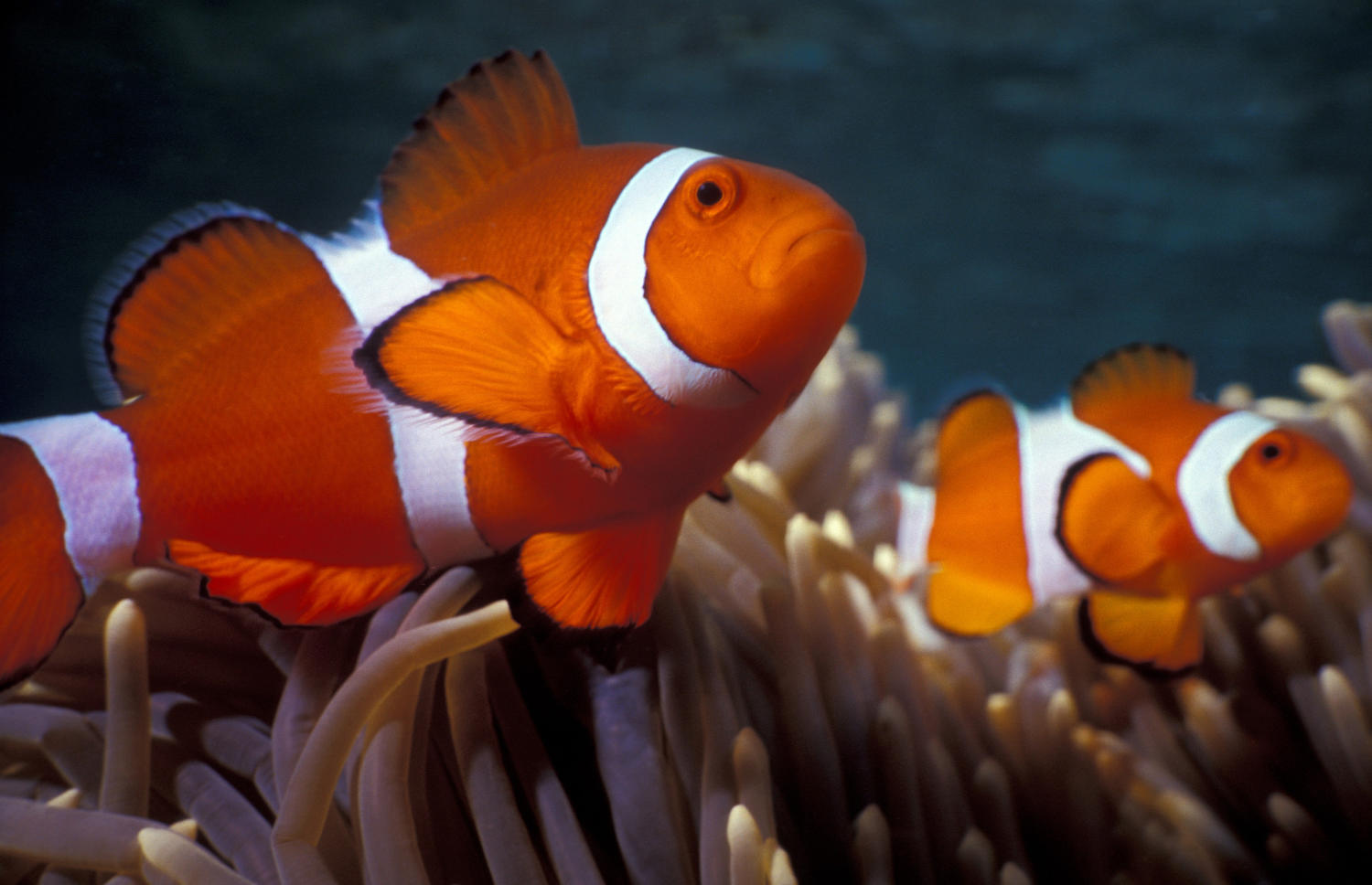
.jpg)
